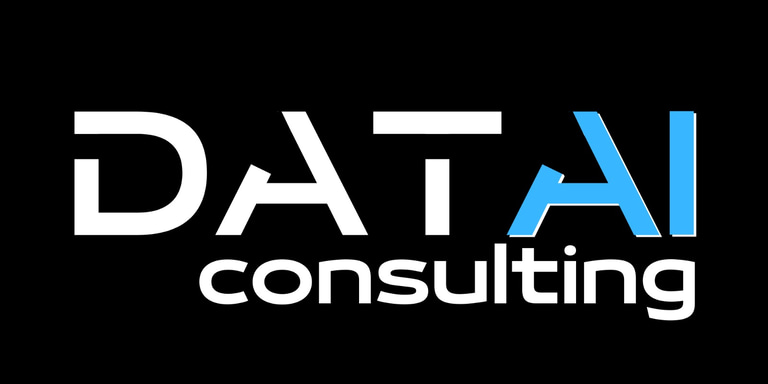Let's avoid ever writing "data" with an 's'!
More and more, we can read in posts or articles “The datas”… However, the word “data” never takes a ‘s’. A brief journey to the heart of the Latin, English and French languages.
Sophie Stern
7/25/20231 min read


Nota bene: The first version of this article was written for a French-speaking readership.
You can read the French version on the blog by changing the language.
More and more, we can read in posts or articles “The datas”… However, the word “data” never takes a ‘s’. For what ?
📌 "Data" is already a plural! That of “datum”, a Latin word meaning “gift” ("thing given", literally) and in the plural “expenses” (interesting semantic shift).
📌 The word "datum" and its plural "data" were taken over by the English language, and then by the French language.
📌 Datas" does not exist in French any more than in English!
📌 If the English language offers "datum" and "data", in French there is only one word "data".
📌 Tricky question, in English, is the word “data” followed by a singular or a plural? It is possible to find here or there some lively discussion ⚔️ on the subject. In summary, it depends on the context.
📌 When the word "data" is seen as the English word "information", it is followed by the singular, for example "Medical data is highly secure". When it is seen as “pieces of information”, it is followed by the plural, for example “The daily experimental data are recorded on this computer”.
📌 It would seem, in a less formal way, that academic and literary publications rather use the plural (and make the distinction "datum", "data"), and more general articles, the singular.
📌 Now regarding the French language, we have the same lively discussion ⚔️ In French, we can only use the plural form and we can't write "la data"!
Whoever claimed that numbers and letters don't make a good pair❓❗️


